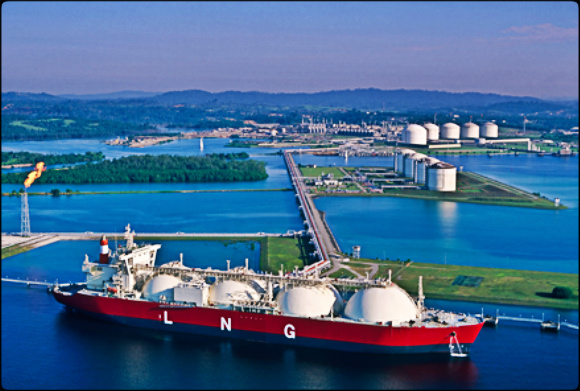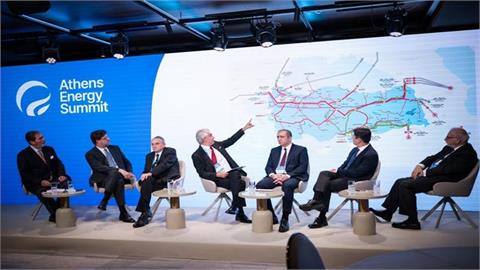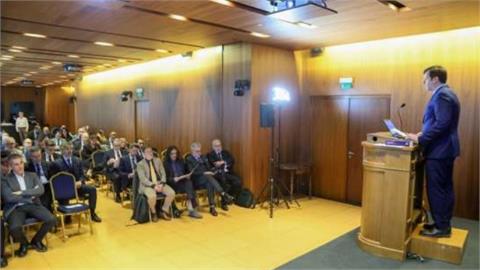As opposition to the use of gas as substitute fuel in the drive towards decarbonization is growing daily in EC's senior echelons, most energy corporations which use coal or lignite for power generation in SE Europe are looking forward to the switch to gas as this is the fastest and most efficient way to remain in business.
With coal use
becoming more and more marginalized in economic terms, gas offers a real
alternative which can help electricity companies provide competitively priced
base load which is essential if we are to aim for further renewables penetration.
With RES making slow advances in gaining
greater share in the energy mix in most countries in SE Europe, natural gas is
proving to be the only realistic option for a fast move away from coal or fuel
oil power generation. Hence, and much to the chagrin of European beaurocrats
who are eager to stop financing gas infrastructure projects in Europe's southern
flank, in a hopeless effort to discourage the use of gas, gas markets are not
only proving to be resilient but are expanding especially since a lot more gas
volumes are now flowing into SEE.
The
completion almost simultaneously of a number of major gas arteries including
the TurkStream and TAP and the upgrade of key LNG terminals such as Revithousa in Greece, has ensured the flow of
substantial new gas volumes into the region. With a
series of new gas interconnectors and LNG floating terminals at an advanced
planning stage or under construction (e.g. the IGB interconnector) gas markets
are set for a major regional expansion to be facilitated by more flexible gas
pricing mechanisms.
The two new
Working Papers authored by IENE staff and a senior associate published
today focus on the evolving gas markets in SE Europe, the challenges faced
under the new European energy environment,the introduction of new gas pricing
mechanisms through the operation of gas trading hubs and the challenges posed
by the need for additional gas infrastructure facilities. The paper by Dr. Charles
Ellinas on "the Role of gas in the new European energy environment and the importance of East
Mediterranean” throws a lot
of light on the constraints currently faced which hinder further gas market
development at this stage. The second paper jointly authored by Dimitris Mezartasoglou and Costis Stambolis "Prospects
for the Establishment of Gas Trading Hubs in SE Europe” focuses on the new gas pricing mechanisms provided by gas trading hubs, now in nascent form
in various SEE countries, which will facilitate gas to gas completion and
hopefully achieve cheaper gas prices for the consumer.




